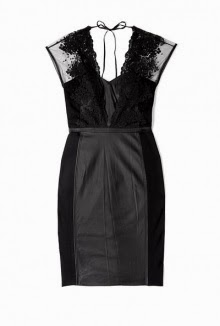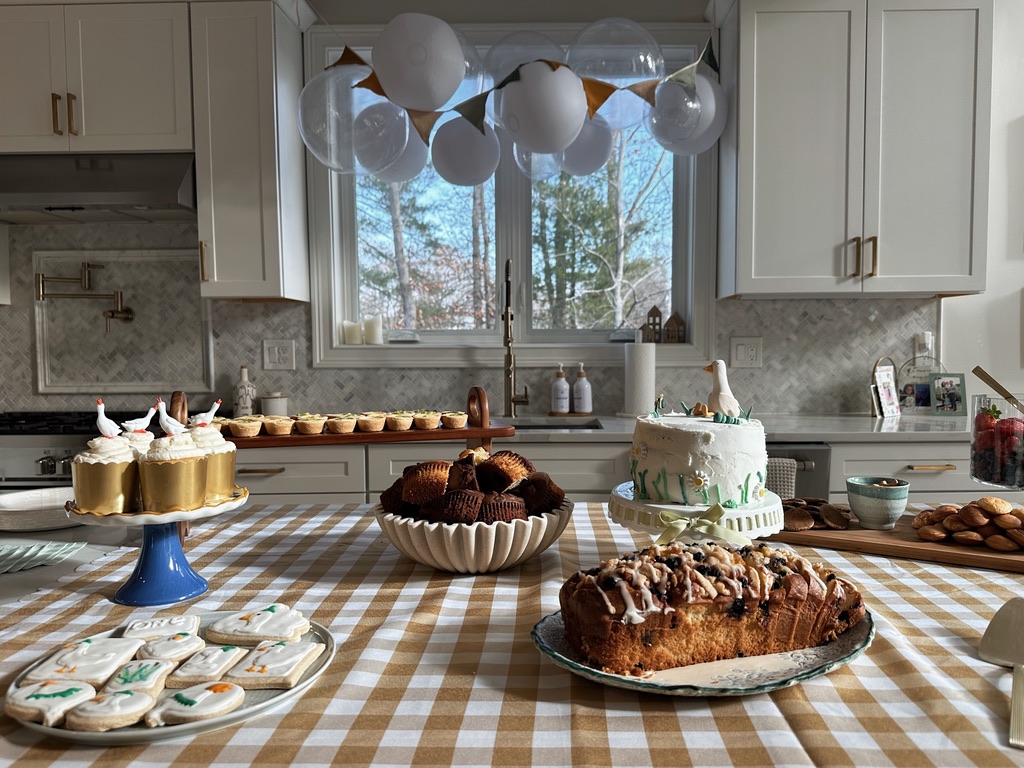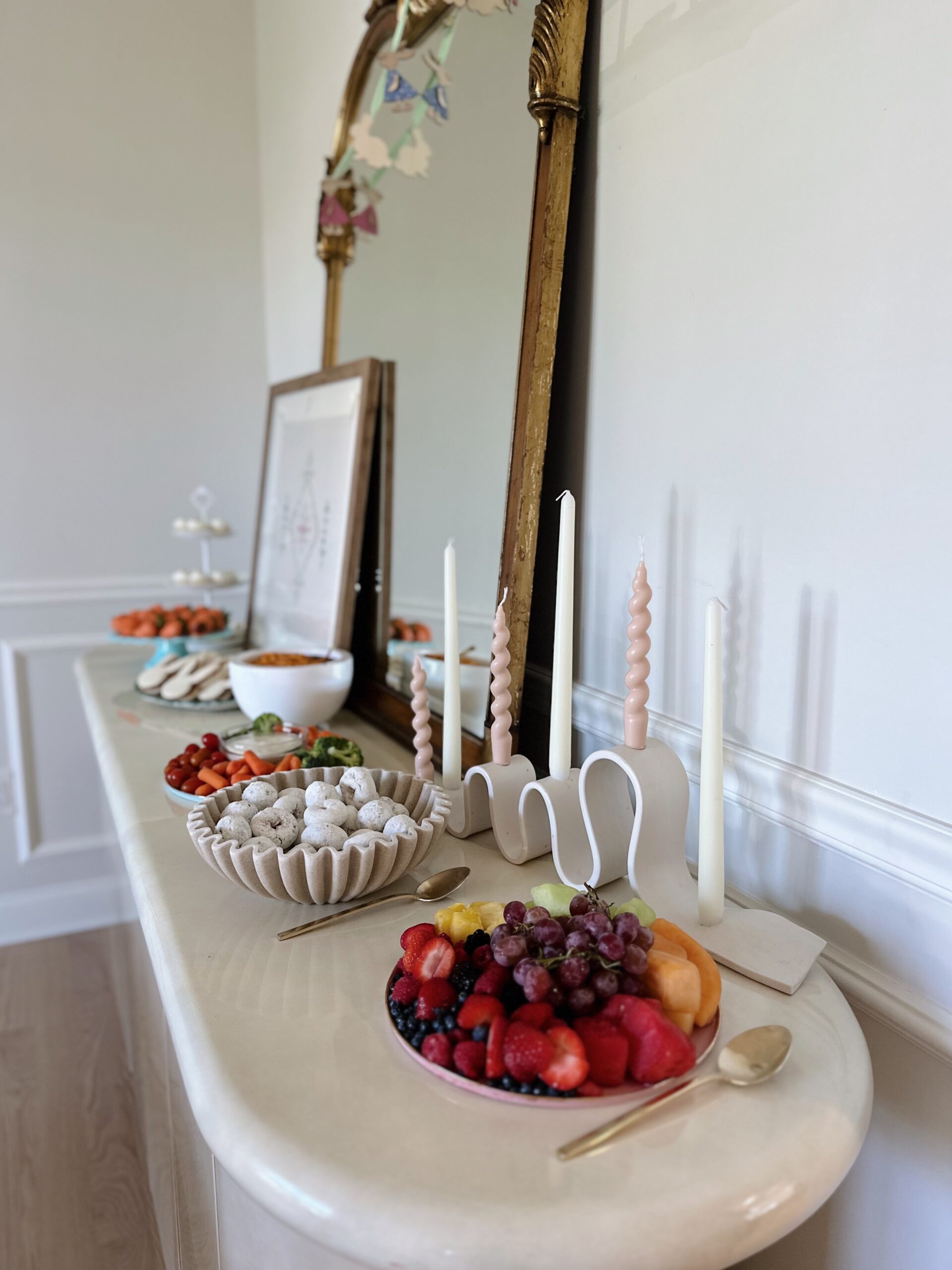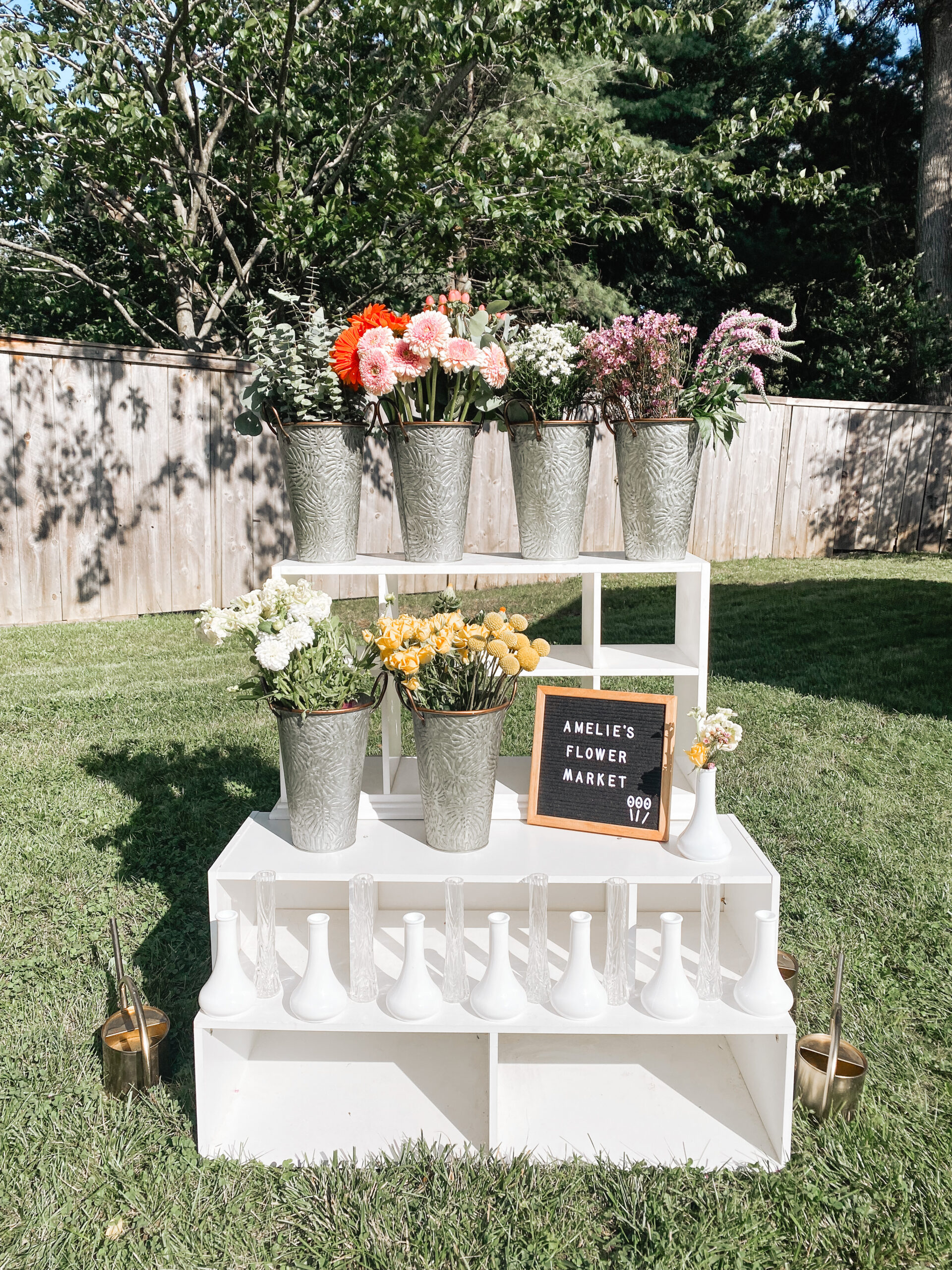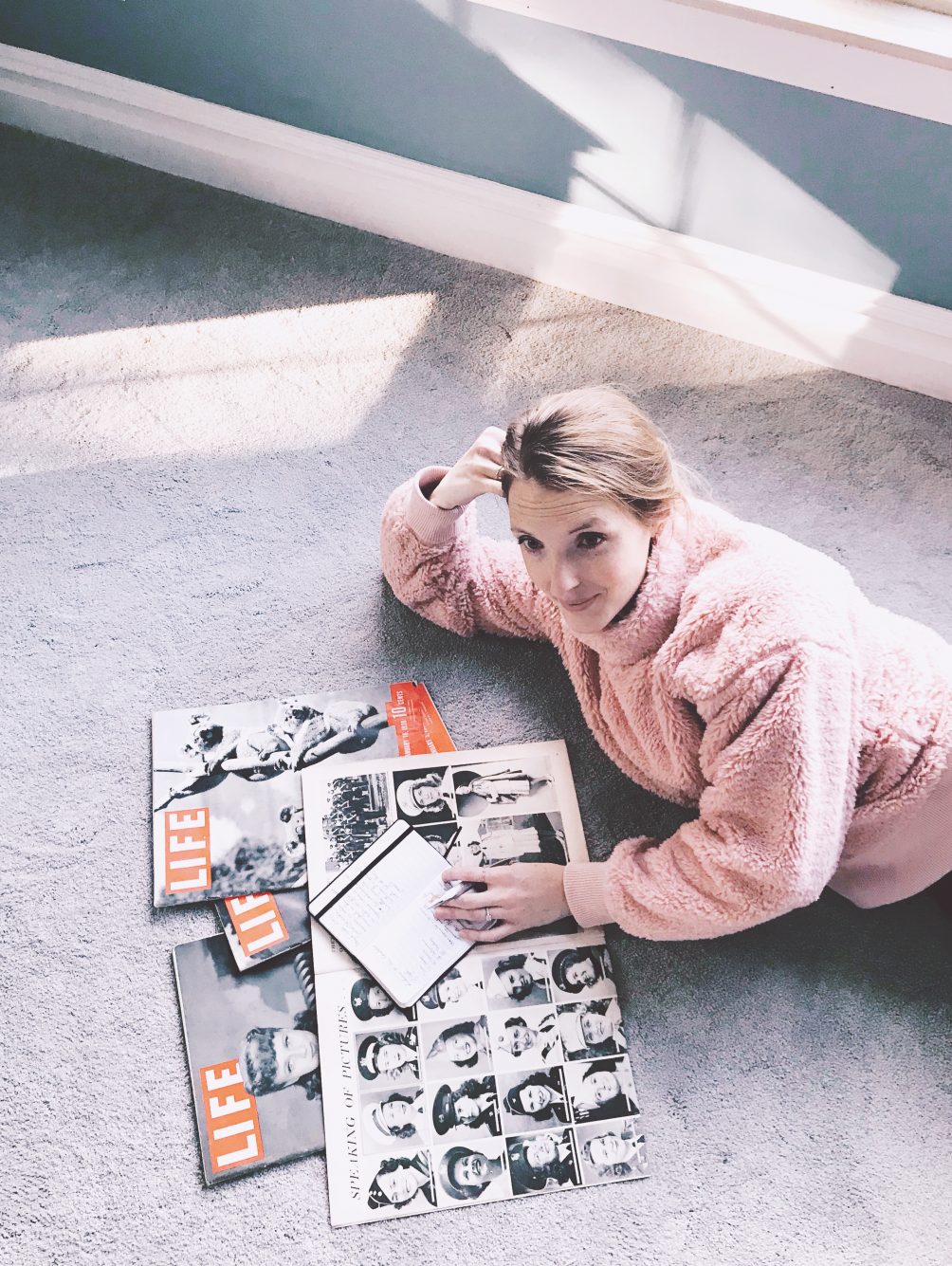 Wherever personality types are discussed, I like to make something thing clear from the very beginning: people do not fit into boxes. No matter what test you take or result you receive, the picture won’t be perfectly accurate or comprehensive. Because, in the non-cheesiest way possible, there’s only one you. We do ourselves and others a disservice if we assume that everyone conforms to that single mold. So to start this conversation on 16 personalities, I want to make it clear that everyone lies on a spectrum. We are more than the sum of any test answers and can’t be defined by four letters. However, these outlines offer a starting point to launch friendships, interact with acquaintances, or build relationships.
Wherever personality types are discussed, I like to make something thing clear from the very beginning: people do not fit into boxes. No matter what test you take or result you receive, the picture won’t be perfectly accurate or comprehensive. Because, in the non-cheesiest way possible, there’s only one you. We do ourselves and others a disservice if we assume that everyone conforms to that single mold. So to start this conversation on 16 personalities, I want to make it clear that everyone lies on a spectrum. We are more than the sum of any test answers and can’t be defined by four letters. However, these outlines offer a starting point to launch friendships, interact with acquaintances, or build relationships.
In the past few years I’ve become familiar with this 16 personalities/Myers-Briggs analysis. It’s not the system under which I was certified, but I think it take a great, wholistic approach to the topic. They focus on five aspects of an individual’s self:
- MIND: how one interacts with their surroundings
- introverted (I)
- extroverted (E)
- ENGERGY: how one sees the world + processes information
- observant (S)
- intuitive (N)
- NATURE: how one makes decisions + comes with emotions
- thinking (T)
- feeling (F)
- TACTICS: ones approach to work, planning, decision-making
- judging (J)
- prospective (P)
- IDENTITY: how confident one is in their decisions + abilities
- assertive (-A)
- turbulent (-T)
You can take their free online test here (and, let me tell you, it’s freakishly accurate).
Okay, so we have some great information at our fingertips–now what? I like to pull in the old adage that, “knowledge is power.” With the insight we glean about ourselves and an understanding of how other personalities differ from our own, we can strengthen our social skills. Whether it’s checking out at the grocery store or sitting down to dinner with your spouse, certain principles stay the same. Our word choice, body language, and tone of voice matter.
I used to feel as though choosing my words, adjusting my posture, or changing my inflection was manipulation. Like I was trying to pull strings to get what I wanted from the other person. Or, on the other hand, I wasn’t being ‘true’ to myself–why should I change what I say or how I say it just to make the other person feel better? But I’ve seen the error (and selfishness) in that thinking. When I use the tools at my disposal to read a situation, it creates a healthier, more productive interaction.
Let me give you a ‘for instance.’ Understanding how E and I differ in this one area completely revolutionized our communication. E falls under the Observant (S) category while I sit in the Intuitive (I) spectrum. Very simply put, I come to decisions much faster. My brain fires on a thousand cylinders and comes to some conclusion long before I understand why it did. E is far more data driven. He takes all elements into account, carefully peruses pros + cons, then makes a decision. Cut to: me always getting frustrated and impatient during conversations while he’s thinking my rapidly formed opinion is irrational. Even if we wound up coming to the exact same end, our challenging communication en route would put us both in sour moods.
Here’s the kicker: I wasn’t right and he wasn’t wrong. We were approaching the situation differently. Once I could understand his form of processing and he grasped mine, we both felt validated. Now I know to give him space when necessary and he knows to take my gut reaction as legitimate. This sort of breakthrough came from understanding our personalities and noting where they conflict.
I encourage you to have a go at this. Even if you don’t know the personality of, say, your barista, I fully believe this information will impact your interactions. It provides a basis for empathy–we see our own strengths, weaknesses, and then realize the person across from us has them to.
If you have reflections on or experiences with this, be sure to comment below or on social media using #obfwellness.

